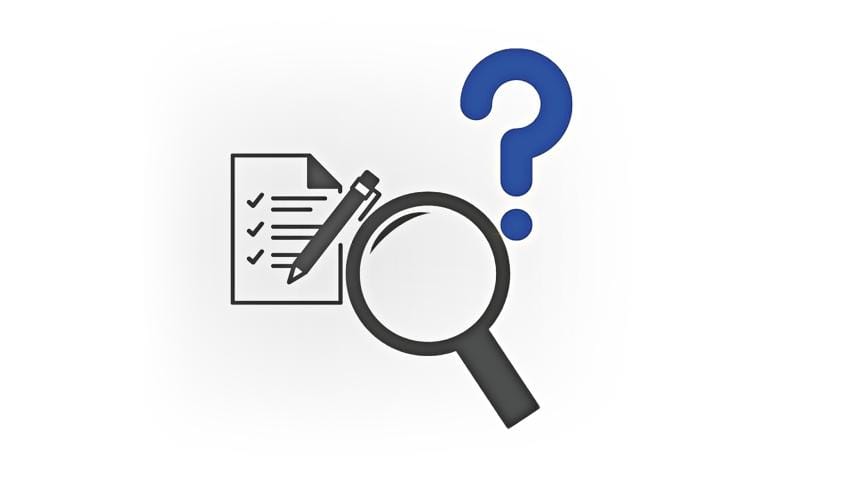A critical look into our Ombudsman law

'Ombudsman' is a Swedish term meaning 'representative of the people'. The Swedish parliamentary Ombudsman was instituted in 1809. Since then, the Ombudsman function has taken many different forms and various purposes. 'Ombudsman', in terms of utility, means a 'watchdog of the administration'. The Ombudsman is an officer of the parliament, having as his/her primary function, the duty of acting as an agent for the parliament, to safeguard citizens against abuse or misuse of administrative power by the Executive.
The framers of the Constitution of the People's Republic of Bangladesh made the constitutional framework for the establishment of the office of the ombudsman in the country under article 77. The expression "may" used in clause (1) of the article indicates that the Constitution did not make it mandatory for the Parliament to establish the office of the Ombudsman but left it to the wisdom and discretion of Parliament. As per the provisions of the article, the Ombudsman shall exercise such powers and perform such functions as enshrined in the law, including the power to investigate any action taken by a Ministry, a public officer, or a statutory public authority. The office shall also prepare an annual report concerning the discharge of functions, and such report shall be laid before Parliament.
Following the constitutional provision, the relevant provisions of the Ombudsman Act 1980 empowers the state to establish the office of the Ombudsman to investigate complaints of maladministration against public authorities. The Act is insufficient and so the Law Commission published a report on 9 July 2000 recommending some amendments to the existing Act. The Commission also prepared another report on the law relating to the forfeiture of illegally acquired properties of public functionaries termed as the Corrupt Public Functionaries (Forfeiture of Property) Act 2000 which is an enactment supplementary to the Ombudsman Act.
There is a widespread public suspicion of administrative corruption in Bangladesh which has very much undermined public confidence in the administration. Therefore, if the administrator knows that the decisions taken are subject to scrutiny by an independent authority, he/she will be more careful in making decisions and be less tempted to misuse powers and show undue favours to anyone. Pertinently however, the "acts of corruption" and "illegal acquisition of property" are kept out of the jurisdiction of the Ombudsman.
Section 3(2) of the Act provides that the Ombudsman shall be a person of known legal or administrative ability and conspicuous integrity. But in reality, the Ombudsman must have legal as well as administrative expertise. The fact that this provision does not mandate both the requirements is a problem with the provision.
Section 13 of the Act provides that if a person obstructs the Ombudsman from carrying out his duties without lawful excuse, the Ombudsman shall have the power to punish that person with simple imprisonment which may extend to three months, or with fine which may extend to two thousand Taka, or with both. According to the current scenario, consideration should be made to review the extent of punishment.
Moreover, according to section 15 of the Act, the Government may exempt any public officer or class of public officers from the operation of all or any of the provisions of the Act. This provision empowers the Government to limit the jurisdiction of the Ombudsman. The Act also does not clarify financial independence to the Ombudsman.
Despite many limitations, the Ombudsman Act 1980 came into effect on 6 January 2002. However, no Ombudsman has been appointed yet. Necessary measures should be taken to amend the Ombudsman Act so that the Ombudsman can serve as a bridge between the Government and its citizens, ensuring that public institutions operate in the best interests of the people.
The writer is student of law, University of Dhaka.




 For all latest news, follow The Daily Star's Google News channel.
For all latest news, follow The Daily Star's Google News channel.
Comments